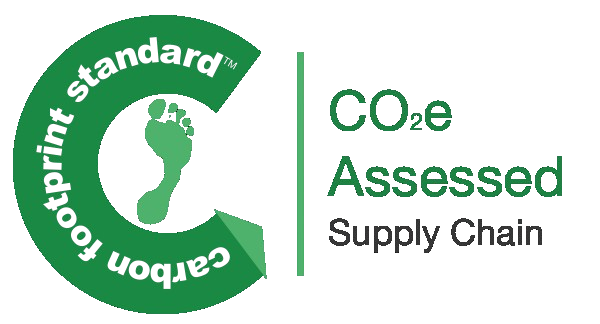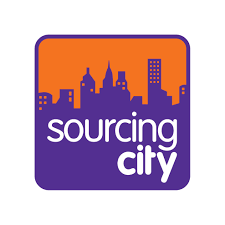Our Sustainability Pledge:

Eco-Friendly Materials
Recycled Materials: Use items made from recycled plastics, paper, or fabrics.
Biodegradable Products: Opt for products that can decompose naturally without harming the environment.
Sustainable Fabrics: Choose organic cotton, bamboo, hemp, or other sustainable textiles for merchandise like apparel and bags.
Sustainable Branding
Green Certifications: Obtain certifications such as Fair Trade, FSC, or GOTS to validate product sustainability.
Educational Campaigns: Use merchandise to educate customers and employees about sustainability initiatives.
Lifecycle Assessment
Product Durability: Design merchandise that is durable and has a longer lifespan.
End-of-Life Programs: Provide take-back or recycling initiatives for products at the end of their lifecycle.
Reduction in Waste
Minimal Packaging: Use minimal and eco-friendly packaging materials to reduce waste.
Reusable Products: Promote items that can be reused multiple times, such as water bottles, tote bags, and notebooks.
Digital Alternatives: Whenever possible, offer digital products (e.g., e-vouchers, online courses) instead of physical ones.
Ethical Production
Fair Labor Practices: Ensure merchandise is produced in factories with fair wages and safe working conditions.
Local Sourcing: Source products from local manufacturers to reduce the carbon footprint and support local economies.
Carbon Offset and Neutrality
Carbon Offsetting Programs: Invest in carbon offset programs to compensate for emissions during manufacturing and distribution.
Energy Efficiency: Implement energy-efficient practices in manufacturing facilities to reduce overall carbon emissions.
Consumer Awareness
Transparent Communication: Clearly communicate the sustainable attributes of products to consumers.
Incentivize Sustainable Choices: Offer incentives for customers to choose eco-friendly merchandise options.
Through responsible product sourcing and traceability we support:






